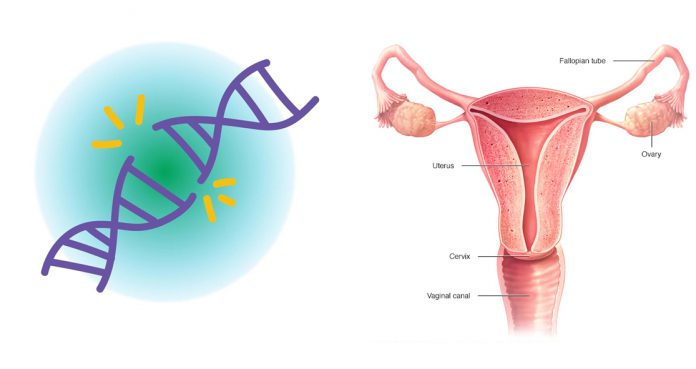A panel of gynecologic oncology experts has said that PARP inhibitors, which are developed for the treatment of heritable cancers, have gained a stronger foothold in the frontline setting for the treatment of advanced ovarian cancer.
PARP inhibitors are a group of drugs that inhibit the secretion of an enzyme called poly ADP ribose polymerase (PARP), a family of proteins involved in several cellular processes such as “DNA repair, genomic stability, and programmed cell death.”
The panel discussed the issue at the meeting of the European Society for Medical Oncology Congress 2019.
According to the panelists, chemotherapy ultimately fails most patients; however, PARP inhibitors have a greater chance of offering cure if used earlier during treatment.
When it comes to treating ovarian cancer, PARP inhibitors have joined several treatments and their indications are continuing to expand after clinical trials are showing promising results.
Researchers continue to evaluate the use of certain biomarkers and their diagnostic tests in clinical trials.
The panelists also looked at how certain biomarkers can predict the effectiveness of PARP inhibitors. In addition, they compared PARP inhibitors with another drug called bevacizumab (Avastin), which is approved for the treatment of advanced, newly diagnosed cancers of the endometrium, peritoneum, or fallopian tube.
Biomarkers in ovarian cancer are still undergoing investigated; however, they are starting to shape care, with most indications of currently approved drugs requiring a companion diagnostic to guide patient selection. Panelist Dr. Kathleen Moore said, “I think we’re turning ovarian cancer into a rarer and rarer disease with these subsets, which will help us do better, smaller, smarter trials to move things forward. It’s an exciting time.”





















